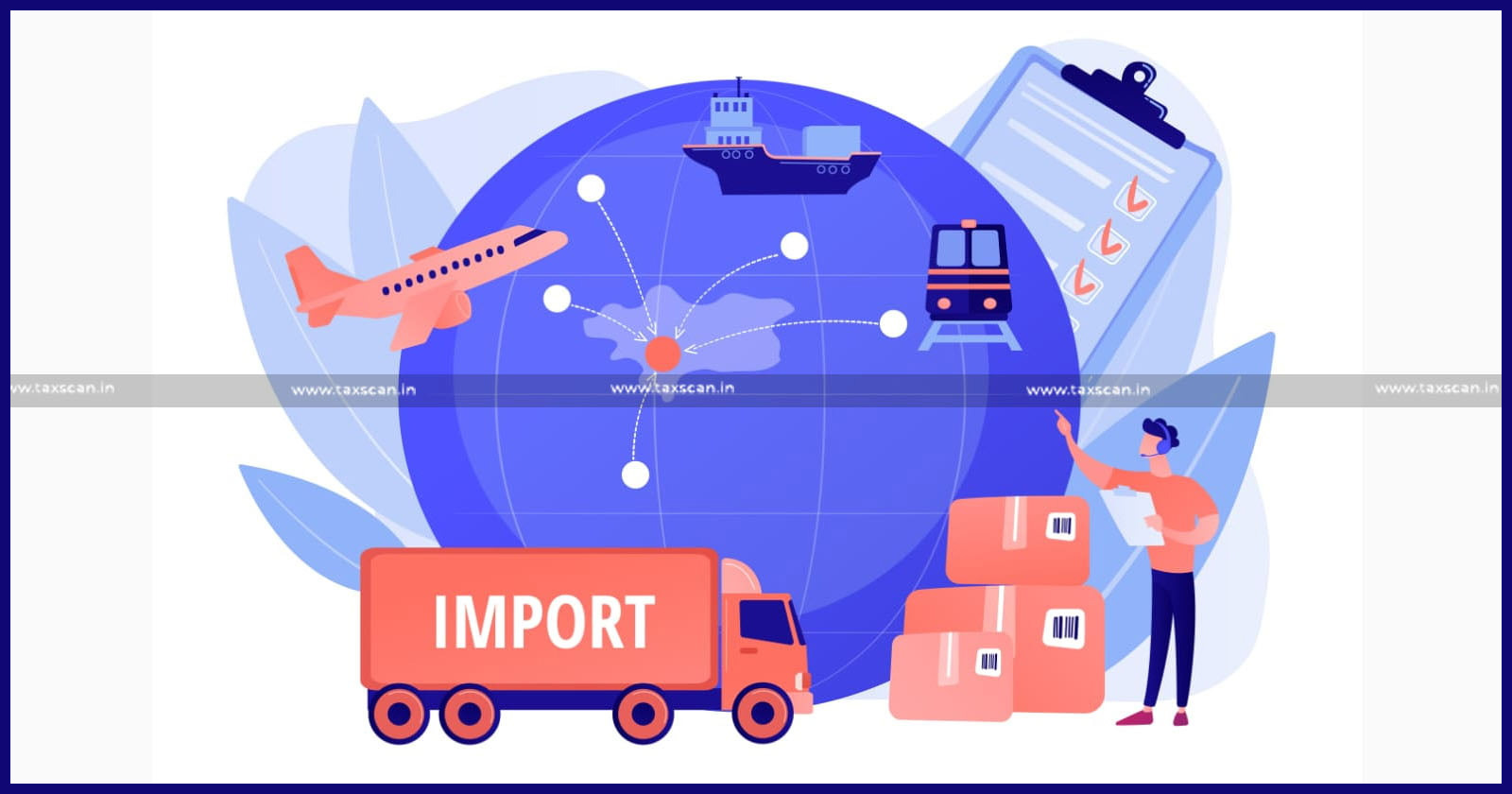Quotations/Proforma Invoices not Binding Agreements, not to be used to Redetermine Value of Imported Goods under Customs Valuation Rules: CESTAT [Read Order]
The CESTAT Chennai ruled that quotations or proforma invoices cannot be used to enhance the declared value of imported goods, as these documents are offers and not binding agreements, thus lacking legal basis under the Customs Valuation Rules

Quotations-Proforma Invoices – Binding Agreements- Redetermine Value – Imported Goods – Customs Valuation Rules-CESTAT – taxscan
Quotations-Proforma Invoices – Binding Agreements- Redetermine Value – Imported Goods – Customs Valuation Rules-CESTAT – taxscan
The Customs, Excise and Service Tax Appellate Tribunal (CESTAT), Chennai has clarified that quotations or proforma invoices cannot serve as a basis to enhance the declared value of imported goods under the Customs Valuation Rules, 1988.
The decision was issued in the appeal by M/s. Oswal Metal Works challenging the enhancement of the declared value of their imported goods based on quotations provided by the customs department.
The appeal arose from a previous Order-in-Appeal passed by the Commissioner of Customs (Appeals – II), Chennai, which had supported the customs department’s decision to enhance the declared value of the goods, consisting of “Globe” and “Lucky” brand padlocks, imported from M/s. Shanghi Light Industries Equipment Co. Ltd., China.
Become PF & ESIC Pro: Basic to Advance Course - Enroll Today
The customs department suspected under-invoicing and subsequently obtained quotations from other suppliers in China to reassess the value of imported goods. Based on these quotations, the declared value of the goods was increased and a penalty was imposed on Oswal Metal Works, citing undervaluation.
The appellant, M/s. Oswal Metal Works, represented by Dr. S. Krishnanandh argued that the imported goods were acquired at a discounted rate as part of a stock clearance sale and that both the appellant and the supplier agreed on the discounted value.
It was also contended that the department’s reliance on third-party quotations, rather than actual transactions, to determine the value was impermissible under the Customs Valuation Rules.
Citing judgments from various cases, the appellant emphasised that quotations and proforma invoices are merely offers or non-binding documents, which lack the legal validity required to adjust the declared value of imports.
Become PF & ESIC Pro: Basic to Advance Course - Enroll Today
The respondent revenue, Commissioner of Customs, represented by Smt. Anandalakshmi Ganeshram contended that significant discrepancies in the declared values of imported goods justified revaluation. Citing quotations obtained from the supplier, they argued that the declared transaction value was unreliable. They followed Customs Valuation Rules, sequentially applying Rules 5 to 8, to determine a fair value, imposing penalties for misdeclaration.
The CESTAT stressed the need for adherence to the Customs Valuation Rules when reassessing the value of imported goods. According to CESTAT, the Customs Valuation Rules prescribe a specific method to determine transaction value, beginning with the declared value and only moving to alternative valuation methods if certain criteria are met.
The bench noted that quotations or proforma invoices do not meet the standard for “transaction value”, as they represent offers and are not mutually agreed upon, finalised amounts in trade.
The CESTAT highlighted previous rulings, such as Commissioner of Customs, Chennai vs. Sahara Enterprises, wherein it was established that quotations cannot constitute a valid basis for valuation.
Become PF & ESIC Pro: Basic to Advance Course - Enroll Today
The bench observed that the customs department had relied on quotations from third-party suppliers, not concrete transactions. As a result, the CESTAT found that the customs department’s enhancement of Oswal Metal Works’ declared value lacked legal foundation and that no evidence showed the importer paid any amount above the declared value.
In result, the two-member bench of the CESTAT comprising Shri P. Dinesha (Judicial Member) and Shri M. Ajit Kumar (Technical Member) set aside the impugned order to enhance the declared value, concluding that relying on quotations violated the Customs Valuation Rules.
Become PF & ESIC Pro: Basic to Advance Course - Enroll Today
The ruling stressed the importance of using proper, legally grounded methods when determining transaction values in customs assessments. The bench emphasised that customs authorities must follow established valuation rules, relying only on concrete transaction evidence rather than non-binding documents.
It was concluded that valuation adjustments by the customs department cannot be based on documents like quotations or proforma invoices, which are merely offers and not finalised agreements.
To Read the full text of the Order CLICK HERE
Support our journalism by subscribing to Taxscan premium. Follow us on Telegram for quick updates


